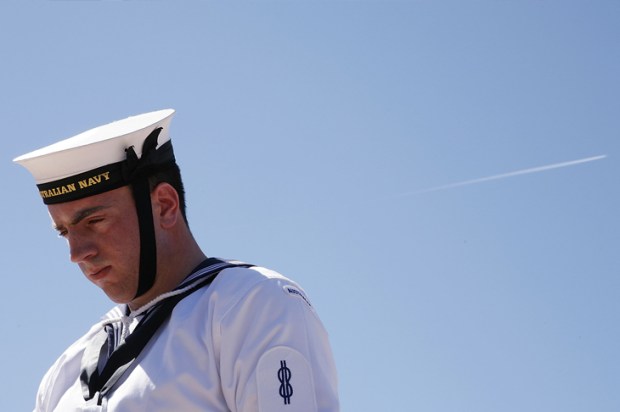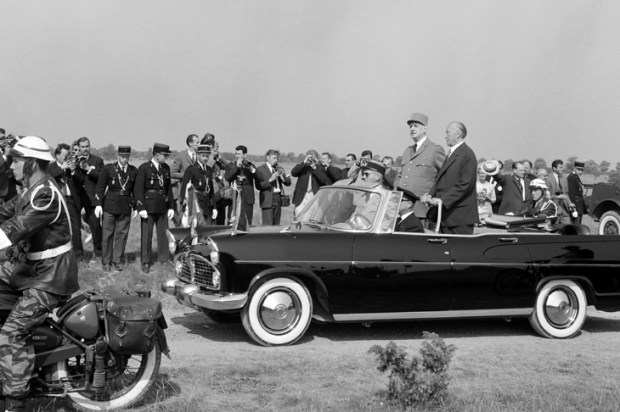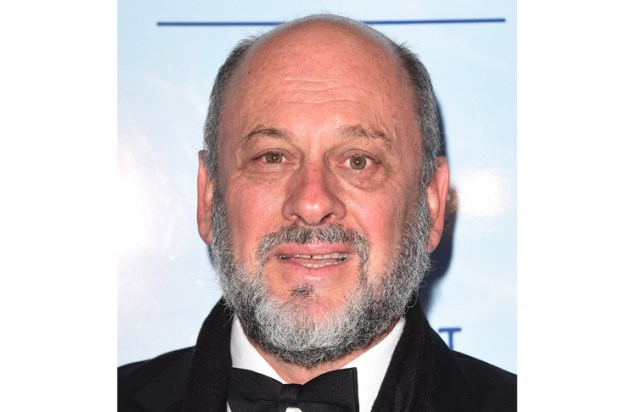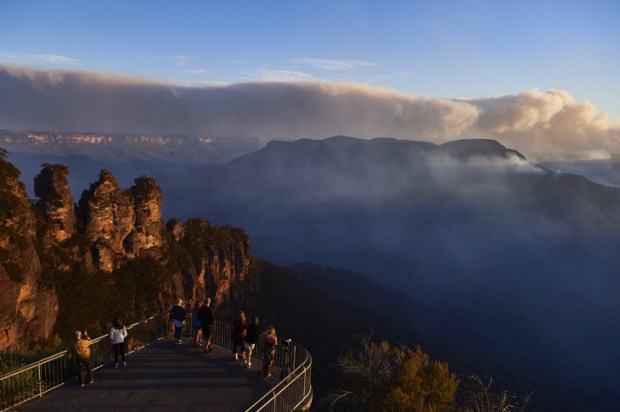The Inquirer section of the Weekend Australian March 16-17 kicked off with a veritable drum roll performed vigorously by editor-at-large Paul Kelly: CULTURE SHIFT POINTS TO POLITICAL CHANGE followed by the sub-head ‘The Zeitgeist has proved to be the ALP’s friend and the Liberals’ foe.’ It is of course quite rare even for the doughty Australian to employ what are self-evidently ‘foreign’ words. Yet fortunately for us all Paul explained his choice slightly further down his column in a manner which suits his argument rather better possibly than any wider truth. I hate to disagree with a man who once employed me but feel that such unclear use of language may not really be playing the game.
It’s 24 years since I came to this country to work to be greeted almost immediately by a highly unflattering half page in the Age and a similar 45 minute TV program from ‘our’ ABC. For, to the utter horror of both organisations, I did not come to Australia to further the causes of neo-Marxism or the ongoing sovietisation of a thoroughly decent democracy – indeed my intentions were always absolutely the reverse. In my understanding, at least, zeitgeist is a fragile and fairly mysterious spirit rather than some kind of cultural brick with which to attack a political opponent’s brain. Yet, as Mr Kelly goes on: ‘Labor has far exceeded the Coalition in capturing the zeitgeist. Its unifying theme is the turn of Australia towards a progressive mindset in economic, social and cultural terms…’. Note here how that tired and tendentious left-wing rhetoric limps on, defying age, disability and any continuing speck of relevance. Indeed, I frequently found myself wrestling with precisely such unsubtle verbiage while writing my art columns for The Spectator in Britain 35 years ago. How then does any of this utterly ancient stuff suddenly become rehashed as a progressive mindset?
In the visual arts at least words such as progressive and evolutionary became recognised in time by the intelligent public as purely rhetorical – and thus virtually meaningless – many decades ago. In other words it remained entirely possible for members of such public to see that art was neither genuinely ‘progressing’ nor ‘evolving’ simply by viewing recent minimal and conceptual works and then taking a tour round the major historic collections of Britain’s National Gallery, say, the Rijksmuseum or the Prado. It was in the last in fact that I first realised fully that what had been created rather than precisely when was all that truly mattered. What many fail to recognise today perhaps is that following the second world war France, Italy and Greece were all within an ace of becoming communist countries yet it was subsequently the free world which expanded rapidly rather than soviet-style totalitarianism – something for which every sane person alive today should be profoundly thankful. Words such as modernism may seem old hat by now but what distinguishes modernism from post-modernism is that the issue at stake was once largely cultural rather than purely political. Indeed as I often point out post-modernism is nothing more nor less by now than communism in disguise – inquire from a Polish or Hungarian friend some time what living under communism was really like. Australia often seems on a highroad now to self-induced madness. However, to quote Paul Kelly again: ‘The norms the Abbott government subscribed to after it won in 2013 are in eclipse – rejection of radical action on climate change in order to safeguard the economy, using constraints on education and health funding to recover the budget surplus, new laws to curb trade union power, implicit faith in financial system integrity, free speech before an individual’s capacity to be offended, traditional marriage, honouring Western civilisation… and putting shared national values before the quest for race, gender or sexual identity.’ The entirely obvious financial issue apart, all of the foregoing sound pretty wonderful to me and very probably to almost all other writers and readers connected with this magazine. However, as Mr Kelly later states emphatically: ‘When old ideas no longer work or are no longer tolerated, it is time for new ideas’. Should our almost entirely uneducated and very largely brainwashed children who were obliged recently to take part in a national ‘strike’ against our supposedly culpable lack of ‘climate change activity’ therefore be the next perhaps to try their hand at running our country? After all their grasp of complex science is supposedly total so mere economics should hardly trouble them. For sure their ideas would at least be novel – if simultaneously impractical and worthless. But I have little more confidence in our next likely set of adult rulers.
When I once had lunch with world-famous art historian the late Sir Ernst Gombrich he was kind enough to compliment me on my dismissal of zeitgeist as a significant idea because in the days before the present proliferation of electronic media zeitgeist showed itself unable to dent let alone penetrate the physical frontiers of the old Soviet Union and its allies. Prior to 1989, in fact, their artists – and others – had no idea at all about what was happening in the West and thus developed various idiosyncratic but by no means worthless forms of expression. In short, any forthcoming shift in the balance of power in Australia has nothing whatsoever to do with any zeitgeist and is merely a reflection on the determined, long-term and largely unopposed strivings of a great many people in the media and in public employment – think teachers especially – to create an entirely delusory future socialist utopia. Tony Abbott was one of the last people in a position of authority to be entirely aware of that fact but will not even be on the bridge when our once fine ship of state sinks shortly beneath the waves. Yet even five years ago the true Liberal position might easily have been recovered.
Got something to add? Join the discussion and comment below.
Get 10 issues for just $10
Subscribe to The Spectator Australia today for the next 10 magazine issues, plus full online access, for just $10.
You might disagree with half of it, but you’ll enjoy reading all of it. Try your first month for free, then just $2 a week for the remainder of your first year.















Comments
Don't miss out
Join the conversation with other Spectator Australia readers. Subscribe to leave a comment.
SUBSCRIBEAlready a subscriber? Log in